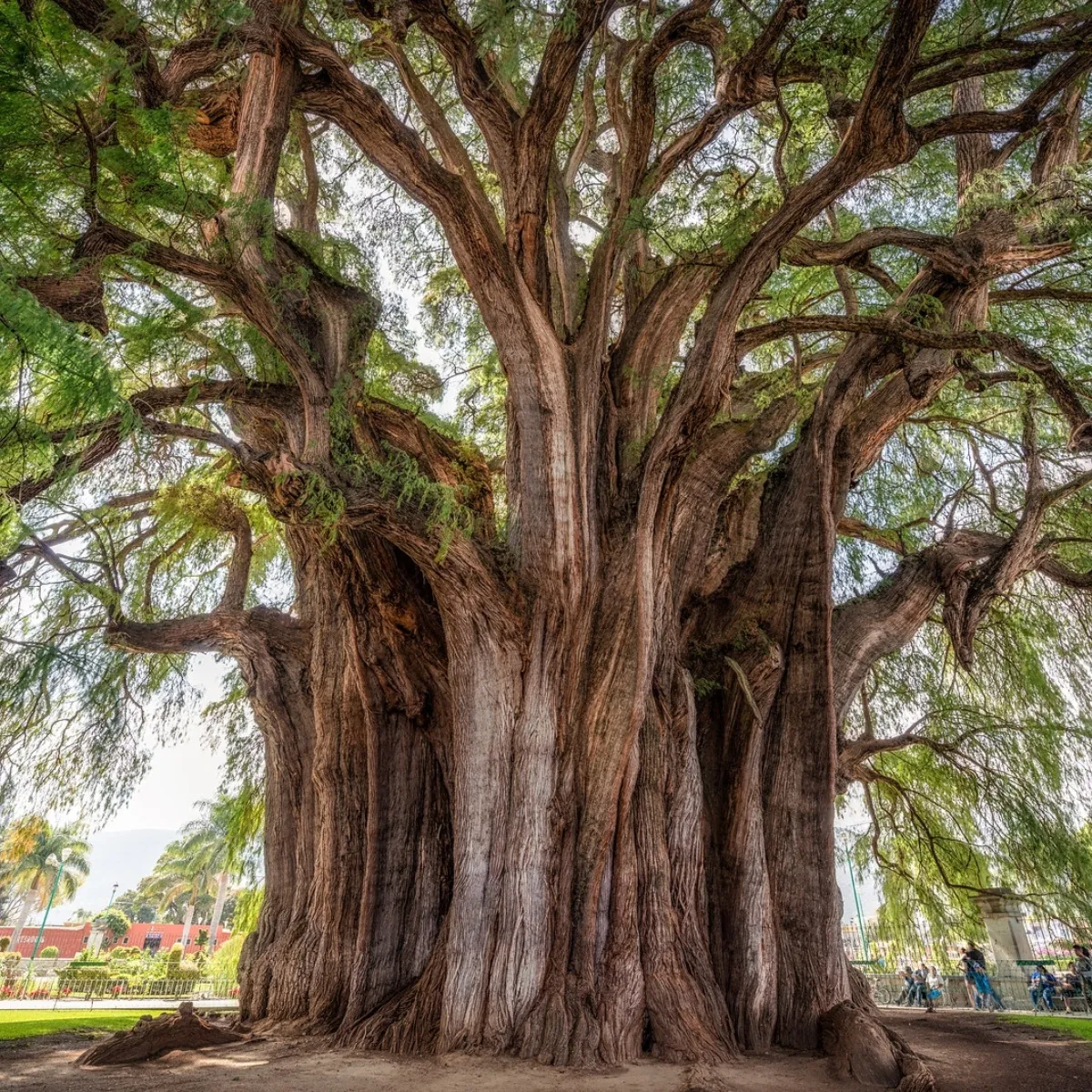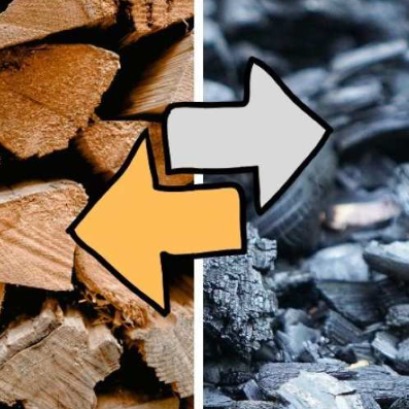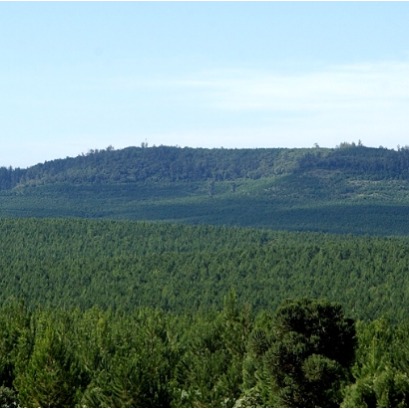
Curiosities of nature
The Tule Tree in Oaxaca, Mexico
In Oaxaca, Mexico, there is one of the trees with the largest trunk circumference in the world. The Tule tree, as it is known, exudes fullness at its nearly 2,000 years of age since, according to legend, it was planted in a sacred place. If 10 midsize cars were placed side by side in a circle, this would be about the same size as the circumference of this tree. The species is native to Mexico, although it is also found in very localized areas of southern Texas and northwestern Guatemala. In 1921, to celebrate the centenary of Mexican independence, the species was selected as a national tree for its splendor, beauty, longevity, colossal dimensions, and tradition. Fortunately, its wood is soft and weak, so it is not used for construction.
According to a Zapotec legend, it maintains that it was planted about 1,400 years ago by Pechocha, priest of Ehécatl, god of the wind. Another legend says that some leaders of the great nations met and decided to separate into 4 groups, heading to the 4 cardinal points and in each one they planted ahuehuetes, the great Tule would be one of them. There is a tendency to affirm that its location is a sacred site.

IT MAY INTEREST YOU
 Canadian researchers make biochar from wood waste that rivals steel in strength
Canadian researchers make biochar from wood waste that rivals steel in strength
Researchers at the University of Toronto have developed monolithic biochar from wood that can reach an axial hardness of up to 2.25 GPa, similar to mild steel.
 The discovery of methane-producing bacteria in trees rethinks the ecological role of forests
The discovery of methane-producing bacteria in trees rethinks the ecological role of forests
Pioneering study shows trees surprising internal microbial diversity and potential influence on global climate, driving novel strategies for agricultural and forestry management
 Free seminar on the implementation of the European EUDR regulation on deforestation-free wood products
Free seminar on the implementation of the European EUDR regulation on deforestation-free wood products
The Argentine Forestry Association (AFoA) organizes the seminar «EUDR in Forest Products: Current status of implementation. Regulatory requirements and private experiences", which will take place on Wednesday, November 26, from 11:00 a.m. to 12:00 p.m., via Zoom, with live streaming on YouTube. The European Regulation on Deforestation-Free Products (EUDR) will enter into force on December 31, 2025 and will impose new requirements for forest products entering the European Union market.





















